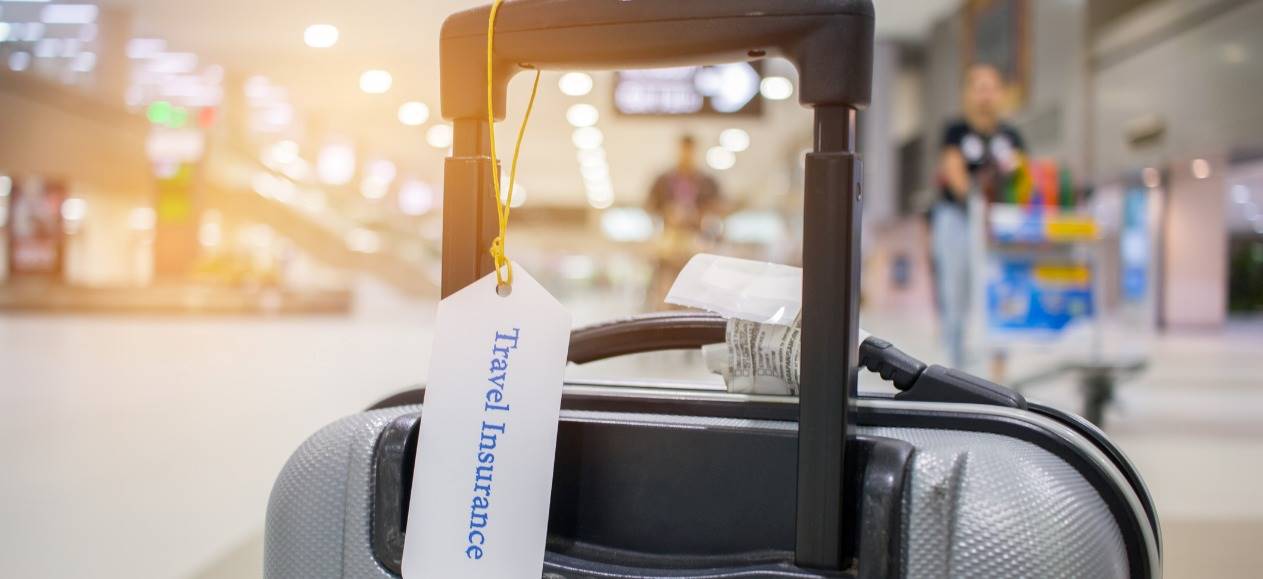How much travel coverage should you get?
Travel insurance policies tend to come in different tiers, with each level providing higher coverage (at higher premiums, of course).
It is sometimes a bit of a headache that as a traveller you don’t want to waste money on excessive protection - but at the same time, how do you know you’re sufficiently covered? Here’s a rundown on how to work out the right amount of coverage:
Important: Take note of the claim limits for specific items
Most travel insurance policies will, for ease of legibility, give you the total possible claim amount (e.g., up to $500,000 for lost items).
This does not mean that you can claim up to $500,000 for any single lost item. For example, the total possible claims may add up to $500,000, but the maximum claim limit for a single item - such as a laptop - may only be up to $500. Lost cash, in particular, tends to have a very low claim limit - often just up to $250.
When working out the following concerns, base your decision on the claim limits for specific items, not the total possible amount.
Factors to weigh when deciding on coverage:
● Do you have friends or family where you’re headed?
● How valuable are the items you’re bringing?
● What sort of activities have you planned?
● What will you buy and bring back with you?
● How remote is the area you’re travelling to?
1. Do you have friends or family where you’re headed?
One key advantage of travel insurance is that, if your luggage gets lost, you can make a claim (usually it takes at least a six-hour delay). Likewise, if there are cancelled flights, you may be able to claim for the inconvenience, as you may need to book a hotel.
How valuable this coverage is, however, depends on who you have waiting for you. For example, if you’re staying with family and friends abroad, it may be less of a disaster to lose your luggage, or for your flight to be cancelled. You have a place to stay anyway, and people to help with most of your needs.
If you know absolutely no one where you’re headed, however, you may want to pick higher coverage for these inconveniences. If your luggage doesn’t arrive, you could end up having to buy everything from multiple sets of new clothes, to restocking essential medicines.
2. How valuable are the items you’re bringing?
As far as possible, try not to bring items that significantly exceed the claim limit. If the claim limit for lost jewellery is $1,000, for example, then make sure you bring nothing above that value.
Sometimes, you may not be able to avoid bringing high value items. If you must bring a pricey camera, valuable product samples (if you’re travelling for your own business), or a lot of physical currency*, then you may want to find the highest coverage possible.
But if you’re travelling light and have few items of high value, you can consider getting a cheaper policy and saving some money.
*For United States currency, the highest denomination is $100, which can require you to carry significant amounts of physical cash.
3. What sort of activities have you planned?
Always check that your activities are covered by your policy. Some policies may cost more, but also cover activities that other travel policies don’t.
For example, the higher tiers of an insurance policy may cover adventurous leisure activities like rock climbing or skiing; whereas the basic tier does not. It’s best to have your intended activities planned out, before you decide which policy to buy.
If you plan on taking part in competitive events (e.g., bike races, MMA tournaments, and others), you should speak to a financial advisor - many travel insurance policies will not cover these types of activities, but there are other policies you might be able to use.
4. What will you buy and bring back with you?
This is broadly similar to point 2, in making sure coverage is sufficient for each item. This is just a reminder to include things you buy overseas and bring home in your luggage.
If you intend to buy a $10,000 work of art at an auction, for instance, you’ll want to be sure you have sufficient coverage on the way back. Remember that things can be stolen or damaged on the return trip as well!
For items that exceed claim limits, it’s advisable to try and ship them back via a reliable courier, rather than carry them in your luggage.
5. How remote is the area you’re travelling to?
Remote areas will raise the likelihood of needing medical evacuation, in the event of injury.
For example, if you’re injured while on a cruise ship, you’ll probably need to be airlifted to the nearest hospital. For less developed countries, the medical facilities may not be as advanced, and you may need to fly home for treatment - this will incur medical repatriation costs.
Depending on the nature of the trip, the bill can run into tens of thousands of dollars; especially if medical evacuation must be done by air. In general, look for higher coverage for repatriation or evacuation, if the travel location is remote.
Do compare plans with the help of a financial advisor
It can be a bit tricky to know what’s covered exactly sometimes. For example, some travel insurance policies only cover flight cancellations due to mechanical failures, and not the weather.
Let us match you with a qualified financial representative
Our financial representative will answer any questions you may have about our products and planning.





